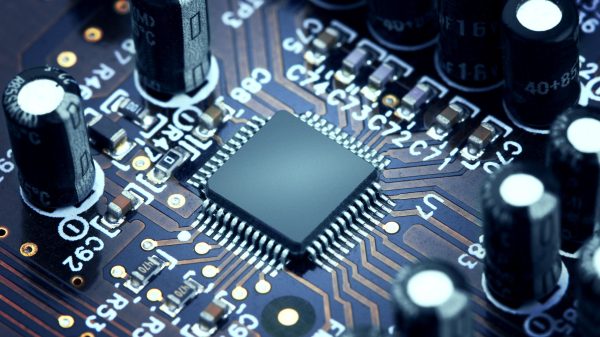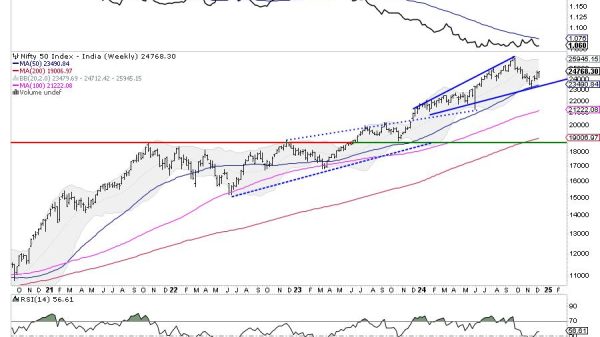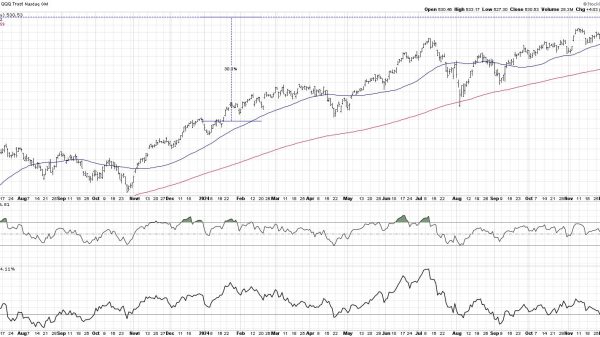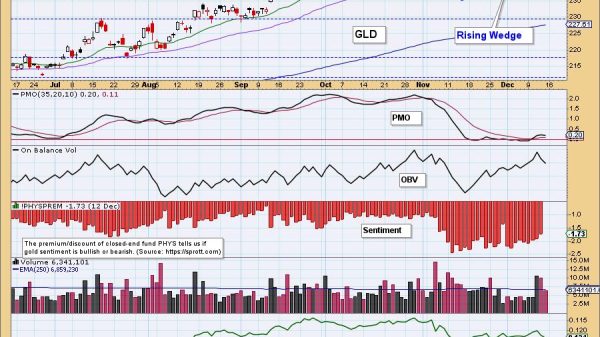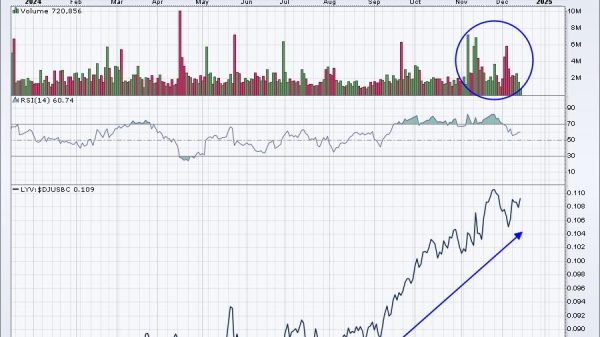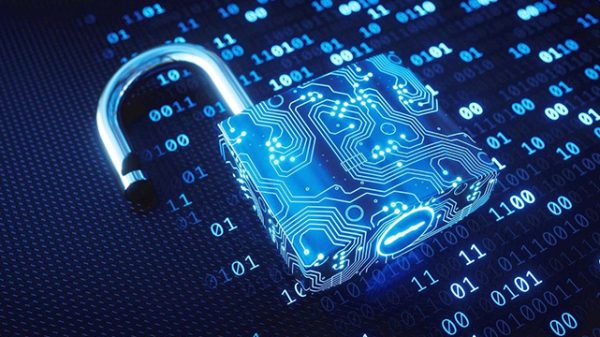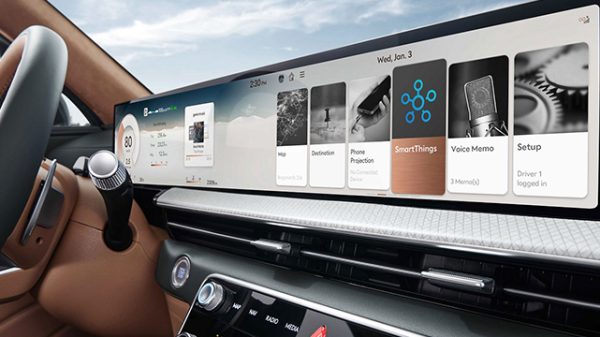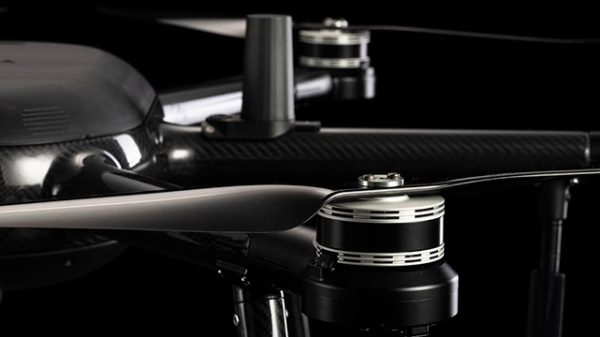As the Internet of Things (IoT) continues to expand, interoperability within IoT ecosystems has emerged as a critical issue. With an ever-growing number of IoT devices and platforms, ensuring these systems can effectively communicate and work together is paramount. This article delves into the challenges of interoperability in IoT ecosystems and discusses strategies to overcome these hurdles, ensuring seamless integration and functionality.
Understanding Interoperability in IoT
IoT ecosystems are rapidly evolving, encompassing a wide array of devices from home appliances to industrial sensors. As of 2023, the number of connected IoT devices globally is in the billions, a number that is expected to grow exponentially. This growth, while promising, introduces complexity and challenges in maintaining interoperability among diverse systems.
Interoperability in IoT refers to the ability of different IoT systems and devices to communicate, exchange, and interpret shared data with one another, regardless of the manufacturer, model, or operating system. This is vital for creating efficient, scalable, and sustainable IoT ecosystems.
Challenges in Achieving Interoperability
Diverse Hardware and Standards: IoT devices are produced by numerous manufacturers with different hardware configurations and standards, making interoperability a significant challenge. Varied Communication Protocols: IoT devices use a range of communication protocols (like Wi-Fi, Bluetooth, Zigbee, and others), which often lack uniformity, further complicating interoperability. Data Format and Semantic Differences: Even when devices can connect, differences in data formats and semantics can hinder effective communication and data exchange. Security Concerns: Ensuring secure data exchange between devices while maintaining interoperability is a complex challenge, given the varying security protocols and standards.Strategies for Ensuring Interoperability
Adopting Universal Standards and Protocols: Developing and adopting universal standards and protocols is crucial. This includes efforts by organizations like the IEEE, IETF, and ISO to create and promote widely accepted standards. Open Platforms and APIs: Encouraging the use of open platforms and Application Programming Interfaces (APIs) allows different devices and systems to communicate more seamlessly. Modular Design and Frameworks: Implementing modular designs in IoT devices can facilitate interoperability, as it allows for easier integration of components from different manufacturers. Common Data Models and Semantic Frameworks: Establishing common data models and semantic frameworks ensures that data exchanged between devices is understood consistently across different systems.The Role of Industry Consortia
Industry consortia play a significant role in driving interoperability in IoT. Organizations like the Open Connectivity Foundation (OCF), the Industrial Internet Consortium (IIC), and the Zigbee Alliance work towards creating unified standards and certification programs for IoT devices and systems.
Government and Regulatory Bodies
Government and regulatory bodies are increasingly involved in setting guidelines and regulations to promote interoperability in IoT. This includes setting compliance standards for security and data privacy, as well as encouraging the adoption of universal standards.
The Importance of Testing and Certification
Testing and certification are crucial for ensuring interoperability. This involves rigorous testing of IoT devices and systems to ensure they can operate seamlessly across different ecosystems and comply with established standards.
Case Studies: Success Stories of Interoperability
Several industries have successfully implemented interoperable IoT ecosystems:
Smart Home Technology: Companies like Apple, Google, and Amazon are working towards interoperable smart home ecosystems, allowing different smart home devices to communicate regardless of the brand. Healthcare: Interoperable IoT systems in healthcare have enabled better data sharing across various medical devices, improving patient care and operational efficiency. Manufacturing: In the manufacturing sector, interoperable IoT systems have streamlined production processes, allowing different machines and sensors to work in unison.Future Trends and Developments
Looking ahead, the trend is towards increased standardization and interoperability in IoT. This includes the development of more sophisticated AI and machine learning algorithms to manage and facilitate interoperability across complex IoT ecosystems.
Conclusion
Interoperability remains a key challenge in the expanding world of IoT. However, through collaborative efforts, the adoption of universal standards, and the implementation of robust testing and certification processes, significant strides are being made. As we advance, the focus on interoperability will continue to grow, playing a critical role in the success and sustainability of IoT ecosystems.
The post Interoperability in IoT Ecosystems: Navigating Challenges and Strategies appeared first on IoT Business News.

